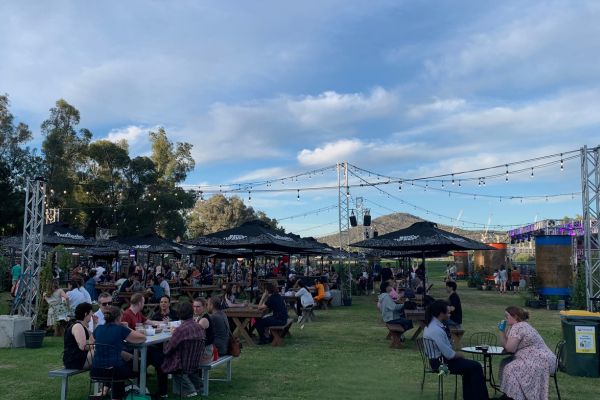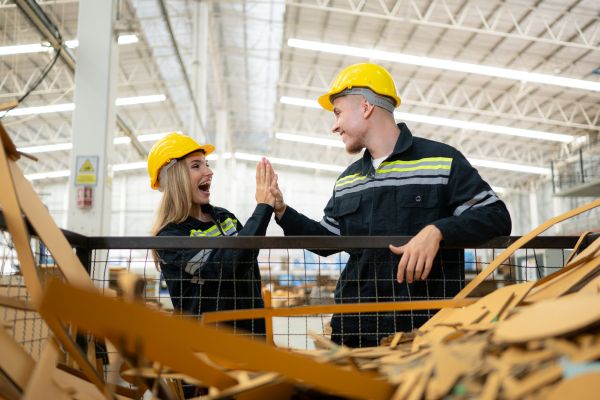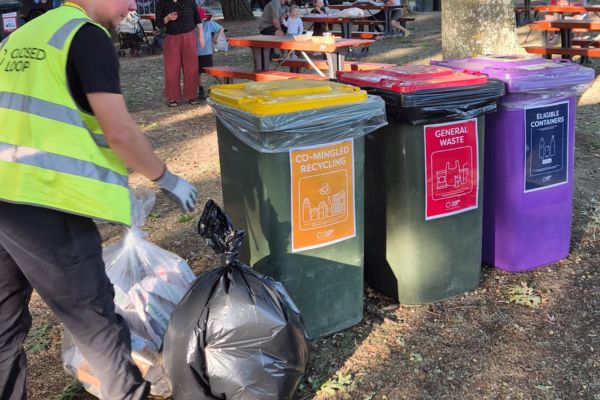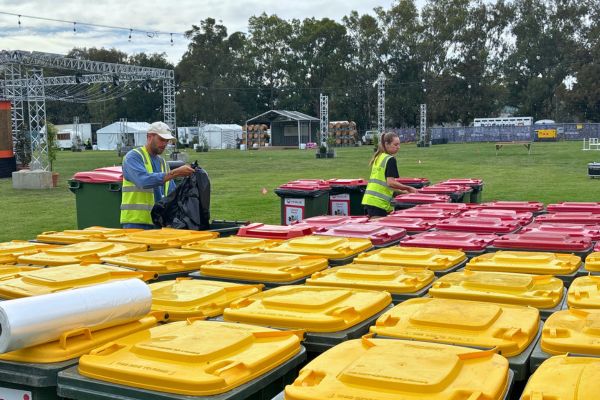A convenient food waste solution for businesses
Food waste in Australia cost Australians and businesses $36.6 billion dollars each year. The commercial and industrial sectors contribute to 2.2 million tonnes of food waste, resulting in significant waste disposal charges and lost product costs to businesses1.
One of the solutions suggested by the Department of the Environment and Energy’s National Food Waste Strategy is to invest in infrastructure for on-site processing of food waste2. One of the most popular options are commercial composters, which offer models capable of breaking down food waste within 24 hours.
But how would you know if a commercial composter is suited for your business? The following will highlight and provide insights into how they work, from the mechanics to the output.
How do they work?
Commercial composters facilitate aerobic composting, creating an optimal environment in which organic waste can break down in the presence of oxygen. They work by ensuring the temperature, humidity and airflow are optimal for decomposing organic waste. Our Closed Loop commercial composters, for example, use microbes, heat, airflow, and agitation to reduce the waste volume by up to 90% and transform it into soil amendment in only 24 hours. That said, since it’s a continuous feed (long batch), it will only need to have compost off loaded once a week.
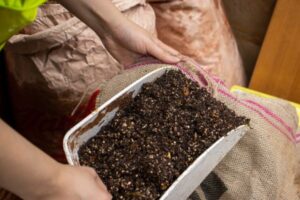
What can you compost in a commercial composter?
Commercial composters can process mixed organic food waste, which includes cooked or uncooked meat, fish, small bones, bread, dairy products, vegetable peelings and fruit. Exact specifics will depend on the manufacturer.

What happens to organics put through a commercial composter?
Commercial composters produce immature compost, a valuable soil amendment with beneficial microorganisms and the qualities of fertiliser from food organics through the composting cycle. It can be used to improve soil fertility, structure, and moisture retention.
Businesses with commercial composters typically use the compost they’ve created to enrich the soil in their gardens, farms, and community. Alternatively, they can arrange for pickups to have the compost removed from their facility and used at other sites.
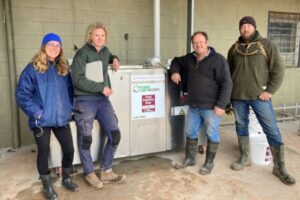
Learn how Delatite Winery turns their food waste into compost to fertilise their permaculture garden, orchard and vine here.
Composting in the waste hierarchy
The waste hierachy is a sustainability framework of prioritisation for the introduction and use of materials. In this case, it could be used to decide the most to least preferred method for food waste management.
The best way to manage your food waste would be to avoid creating food waste through techniques such as serving adequate portion sizes, effective ordering and storage systems and use of all food produce.
The National Food Waste Strategy places composting in the recycle portion of the waste hierarchy. Meanwhile, disposing of food waste through the sewer system, is akin to sending it to landfill, which is considered as dispose.
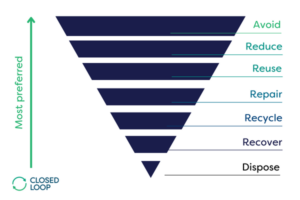
Why should you choose a Closed Loop commercial composter?
- Reduced waste management cost by diverting organic waste from landfill
- Creates compost that can be used on your facilities or in your community, can also be a secondary revenue stream or offset costs from purchasing fertiliser
- Prevent your organic waste from decomposing in landfills which produces methane emissions
- Reduce waste volume by up to 80-90%
- Our commercial composter provide a high level of convenience as it supports continuous feed and doesn’t need to be off loaded daily, just once a week
- Our composters come in various sizes and can be flexible to your business
- No connection to plumbing required
Commercial composters are a great food waste solution
More than 91% of consumers prefer to buy from organisations taking steps to reduce food waste3, implementing solutions to reduce your methane emission from food waste is a necessity to remain competitive.
Commercial composters help businesses manage their food waste and prevent decomposition of that waste in landfill. However, whether it suits your business will depend on factors such as waste composition, available space, desired end products, and specific operational requirements.
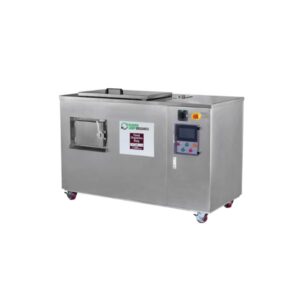
Learn more about our Commercial Composters and how they can help achieve your business food waste goals.
References:
- https://www.dcceew.gov.au/environment/protection/waste/food-waste#national-food-waste-summit
- https://www.dcceew.gov.au/environment/protection/waste/publications/national-food-waste-strategy
- https://endfoodwaste.com.au/australian-food-pact/
Our work

MasterChef Australia

Sheraton Grand Mirage Resort, Port Douglas
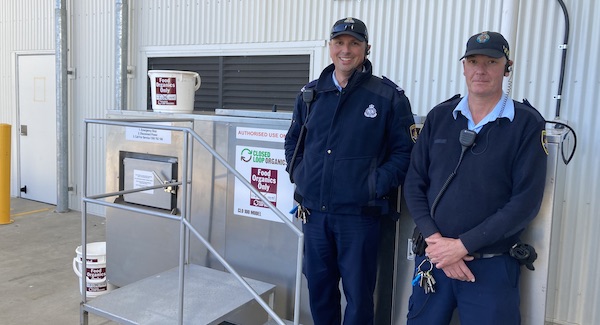
NSW South Coast Correctional Centre

Veneziano Coffee Roasters
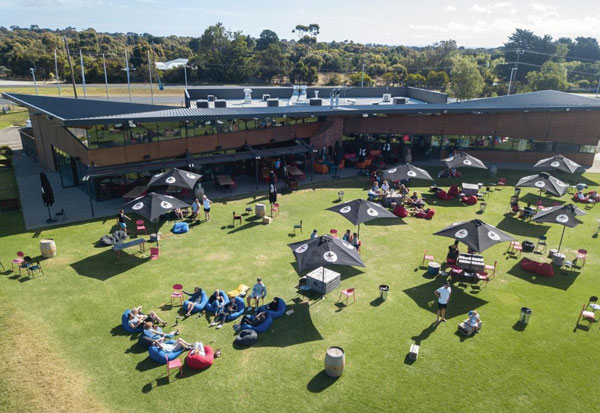
Flying Brick Cider Co





